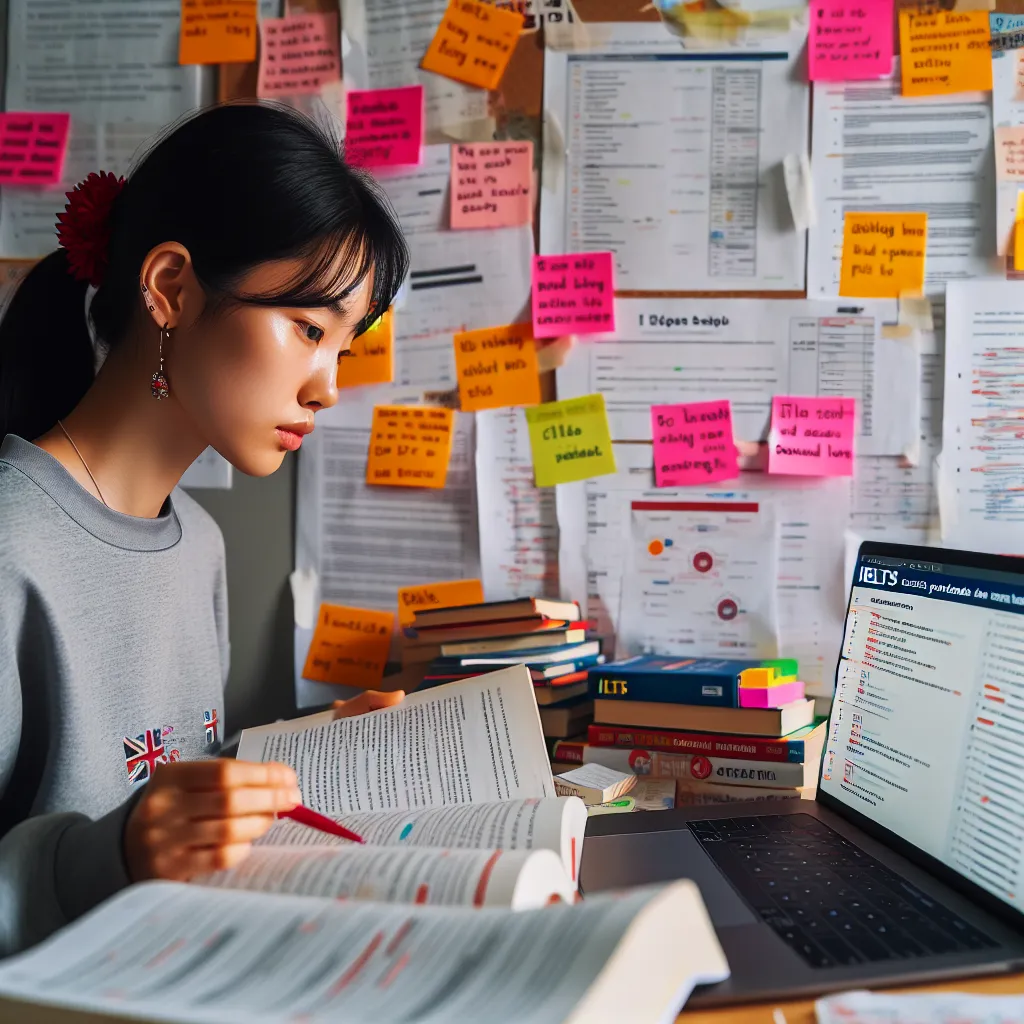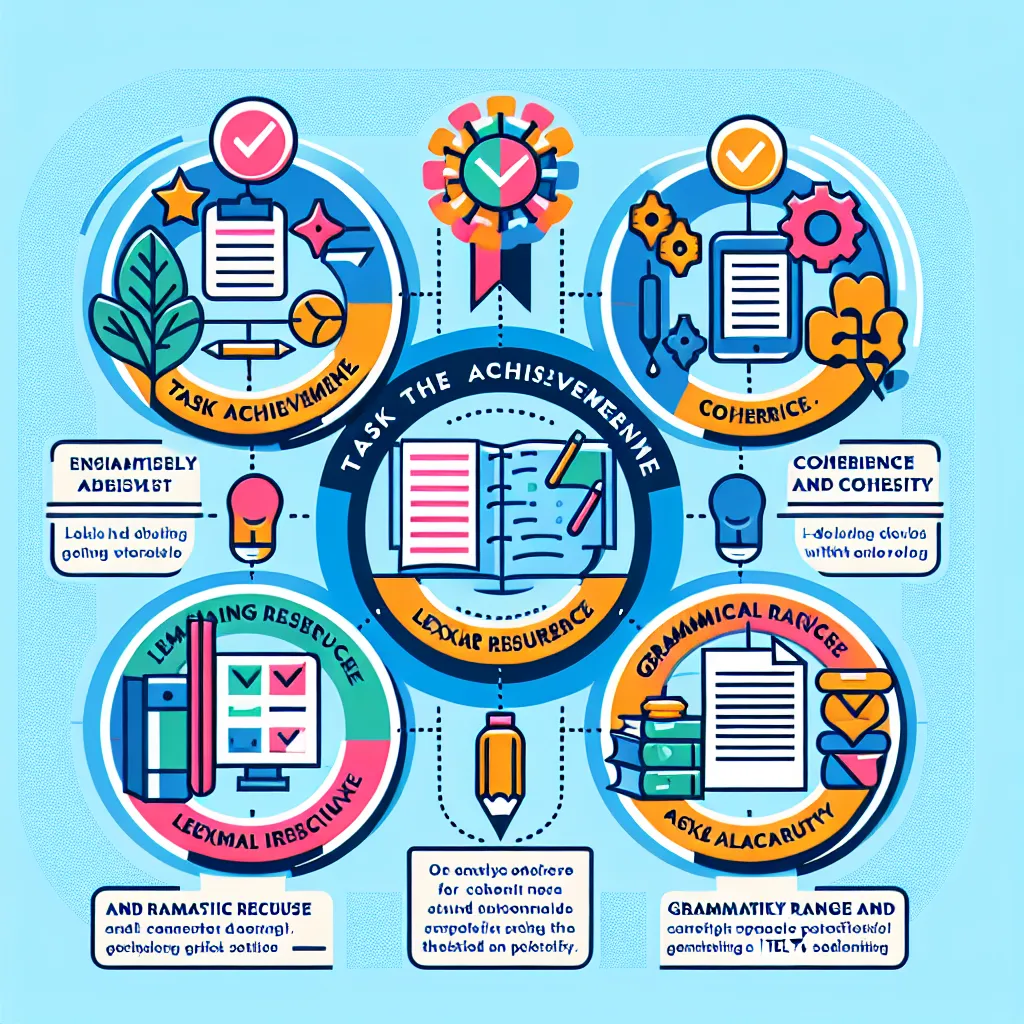Are you preparing for the IELTS exam but don’t have access to a teacher? Don’t worry! With the right approach and resources, you can effectively practice for the IELTS exam on your own. This comprehensive guide will provide you with valuable insights, strategies, and tips to help you succeed in your IELTS journey without the need for a teacher.
 Self-study IELTS preparation
Self-study IELTS preparation
Understanding the IELTS Exam
Before diving into self-study techniques, it’s crucial to understand the structure and requirements of the IELTS exam. The IELTS (International English Language Testing System) assesses your English language proficiency across four key skills: Listening, Reading, Writing, and Speaking. Each section presents unique challenges and requires specific preparation strategies.
IELTS Test Format
- Listening (30 minutes): 40 questions based on four recorded conversations or monologues.
- Reading (60 minutes): 40 questions testing your comprehension of three long texts.
- Writing (60 minutes): Two tasks – a report or letter and an essay.
- Speaking (11-14 minutes): A face-to-face interview with an examiner.
Understanding this format is crucial for effective self-study, as it allows you to tailor your practice to each section’s requirements.
Creating a Self-Study Plan
Set Clear Goals
Begin by setting realistic and specific goals. Determine your target IELTS score and the areas you need to improve. This will help you focus your efforts and track your progress.
Establish a Study Schedule
Create a structured study plan that fits your daily routine. Allocate specific time slots for each IELTS component, ensuring you practice all four skills regularly. Consistency is key in self-study.
Gather Resources
Collect a variety of study materials:
- Official IELTS practice tests
- IELTS preparation books
- Online resources and practice platforms
- English language podcasts and news articles
Practicing Each IELTS Component
Listening Practice
- Listen to English podcasts, news broadcasts, and TED Talks regularly.
- Practice with IELTS listening sample tests, focusing on understanding different accents.
- Take notes while listening to improve your ability to capture key information.
Reading Practice
- Read diverse English texts daily, including academic articles, newspapers, and magazines.
- Time yourself when completing IELTS reading practice tests to improve speed and accuracy.
- Develop skimming and scanning techniques to quickly locate information in texts.
Writing Practice
- Write essays on various topics, adhering to IELTS time constraints.
- Use sample answers and scoring guides to self-evaluate your writing.
- Focus on improving your grammar, vocabulary, and coherence in writing.
Speaking Practice
- Record yourself speaking on IELTS topics and listen back to identify areas for improvement.
- Practice with language exchange partners or join online IELTS speaking groups.
- Familiarize yourself with common IELTS speaking topics and practice expressing your opinions.
Utilizing Online Resources
IELTS Websites and Apps
Take advantage of websites and mobile apps dedicated to IELTS preparation. Many offer free practice tests, tutorials, and study tips.
YouTube Channels
Follow IELTS-focused YouTube channels for video lessons, strategy explanations, and mock speaking tests.
Online Forums and Communities
Join IELTS preparation forums and social media groups to connect with other test-takers, share experiences, and get your questions answered.
Developing Language Skills
Expand Your Vocabulary
- Learn new words in context through extensive reading.
- Create a vocabulary journal and review regularly.
- Use vocabulary building apps and online tools.
Improve Your Grammar
- Study grammar rules and practice applying them in your writing and speaking.
- Take online grammar quizzes to identify and work on your weak areas.
Enhance Your Pronunciation
- Use pronunciation apps and online dictionaries with audio features.
- Practice tongue twisters and difficult sounds in English.
Simulating Test Conditions
Take Full-Length Practice Tests
Regularly complete full IELTS practice tests under timed conditions to build stamina and familiarize yourself with the exam format.
Create a Test-Like Environment
Find a quiet space for your practice sessions and eliminate distractions to mimic actual test conditions.
Tracking Your Progress
Keep a Study Journal
Document your study activities, challenges, and improvements to stay motivated and identify areas needing more attention.
Regular Self-Assessment
Periodically evaluate your performance in each IELTS component to adjust your study plan as needed.
Overcoming Challenges in Self-Study
Stay Motivated
Set small, achievable goals and reward yourself for meeting them. Remember why you’re taking the IELTS and visualize your success.
Combat Procrastination
Break your study sessions into smaller, manageable chunks and use productivity techniques like the Pomodoro method.
Seek Feedback
While self-studying, it’s important to get external input. Consider joining online writing review platforms or speaking exchange programs for constructive feedback.
Conclusion
Preparing for the IELTS exam without a teacher is challenging but entirely possible with dedication, the right resources, and a structured approach. By following this comprehensive guide, you can effectively practice for all components of the IELTS exam, improve your English language skills, and increase your chances of achieving your desired score. Remember, consistency and perseverance are key to success in self-study. Good luck with your IELTS preparation!
[internal_links]




